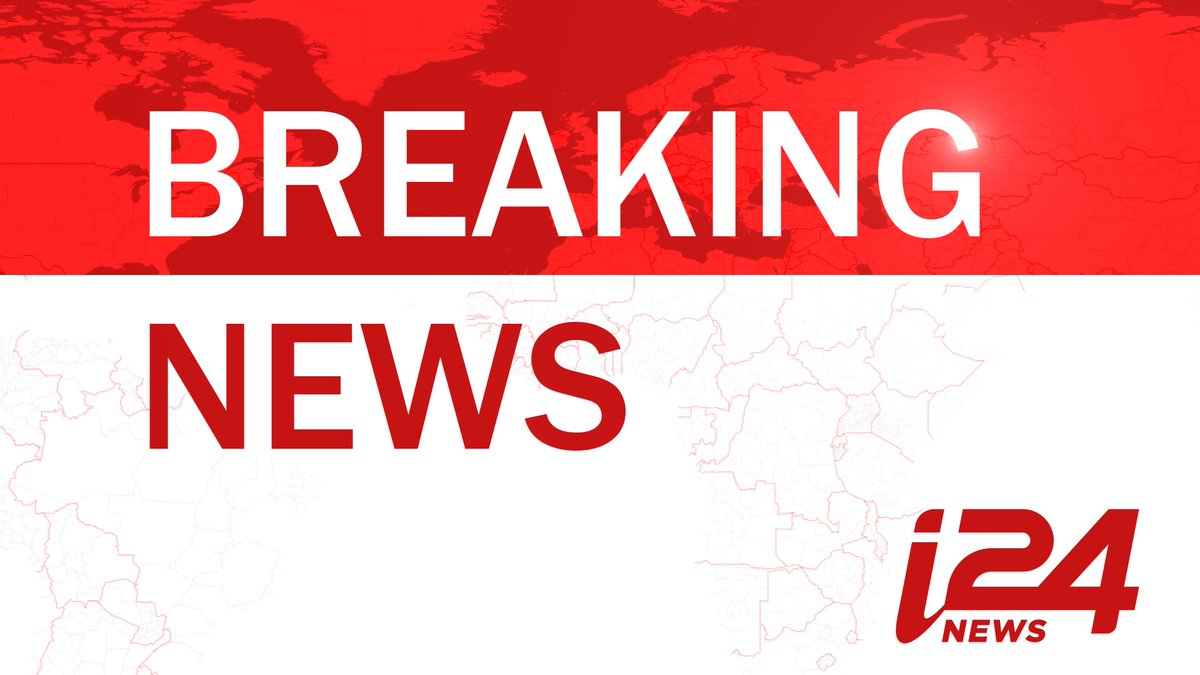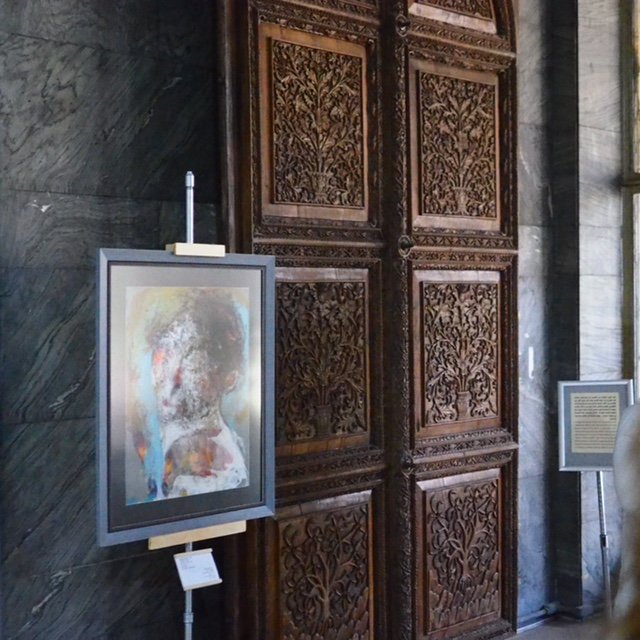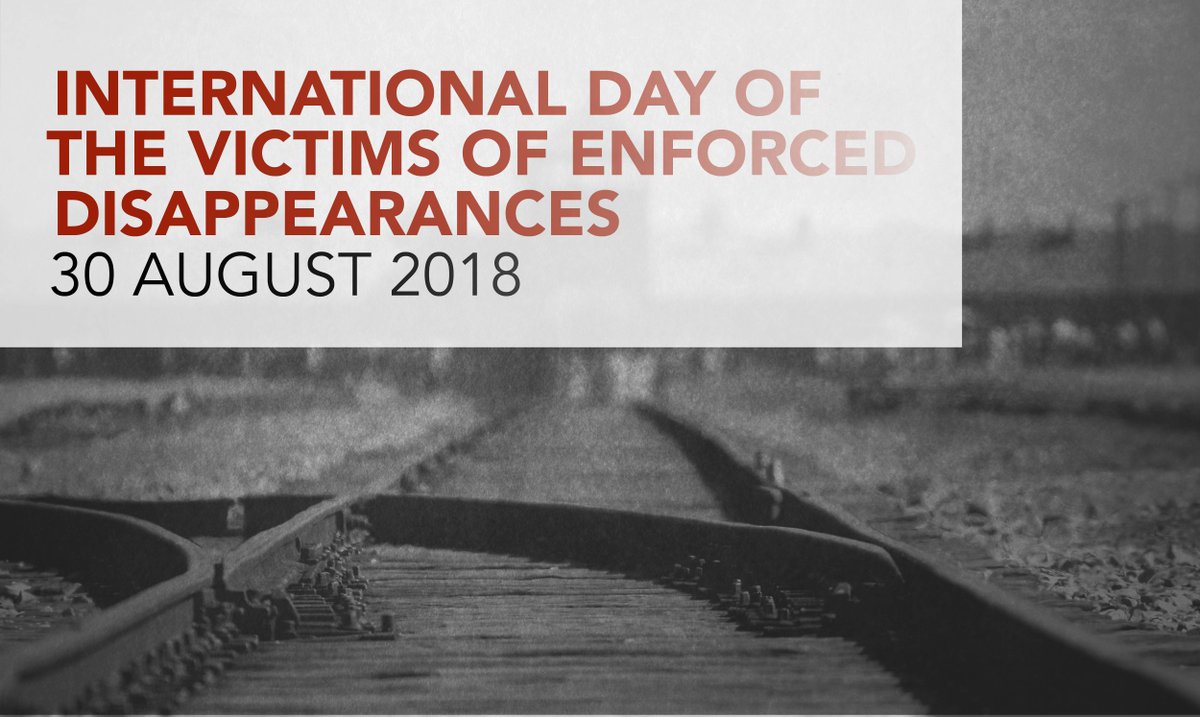If any missed the larger points, you should check out the latest from Veteran Intellegance Professionals for Sanity which includes:
The issue for
us is broader than the clearances of Mr.
Brennan. We are appalled by the willful
misreading by pundits and much of the media
of the nature of security clearances. They
are certainly not a constitutionally
protected right, but a highly conditional
privilege. Its granting comes with personal
acceptance of restrictions on speech and
association: among other things obligating
one-time holders to a lifetime
pre-publication review of writings that rely
on information acquired in performing their
official duties.
All of us
signed secrecy agreements and accepted the
burden of holding a clearance. We
surrendered a part of our assumed right to
free speech in service of our country’s
welfare and safety. Those of us under cover
kept secrets from family and friends. We no
longer associated freely with foreign
nationals; an active clearance carries the
requirement to report contacts with them.Moreover, security classification is provided by Executive Branch authority and is expressed with orders that are subject to change at the will of the current president (the exception to this being the so-called “Q” clearance established by law to protect nuclear weapons secrets, though this is also subject to presidential authority in granting or withdrawing clearance). Federal judges do not have automatic security clearances. Nor do members of Congress. They have access to secret information by virtue of their constitutional office and a presumed “need to know” in order to do their job.
Once a person
separates from the intelligence community
they can continue to hold a clearance
provided they are employed as a contractor
working on specific classified programs.
There is simply no basis in law entitling
anyone to permanent clearance. This includes
John Brennan. It goes without saying that
individuals who are granted continued
clearance out of courtesy to their former
high position remain accountable in their
conduct, and that the Executive can revoke
such clearances at will.
Mr. Brennan’s
own record is clearly tarnished. When he was
Chief of Station in Saudi Arabia prior to
and after the bombing of Khobar Towers in
June of 1996, rather than uphold the
integrity of existing intelligence he went
along with the decision to avoid creating
problems with the Saudis. After the attack
(which was carried out by Saudi elements
linked to Bin Laden and Al Qaeda), Brennan
helped push the meme that the culprits were
Iran and Hezbollah.
As head of the
Terrorist Threat Integration Center in 2003,
Mr. Brennan failed to give the State
Department complete statistics for terrorist
attacks. The initial publication of
“Patterns of Global Terrorism” in April 2004
touted a decline in terrorist attacks in
2003 as vindication of Bush Administration
policies. The publication later had to be
recalled and revised when it was discovered
that the CIA had left out a month and a half
of data. John Brennan was in charge of that
process. Instead of receiving a reprimand,
however, he ended up being promoted.
Mr. Brennan has
assumed the role of passive spectator in
building the fraudulent case to justify the
2003 invasion of Iraq. He has claimed only
vague awareness of the CIA’s so-called
“enhanced interrogation” program. Physical
records tell a different story. Brennan was
“cc-ed” on “a minimum of 50 memos” dealing
with waterboarding and other torture
techniques. Senator Saxbe Chambliss noted
that Brennan’s boss, A. B. “Buzzy” Krongard,
told the Wall Street Journal that Mr.
Brennan had a role in setting the parameters
of the program and “helping to seek Justice
Department approval for the techniques.”
Mr. Brennan
also attempted to cover up the truth about
the CIA torture. Senator Mark Udall
denounced his actions in a floor speech on
December 10, 2014, the day after the Senate
Intelligence Committee published the
Executive Summary of the conclusions of its
four-year investigation of CIA torture based
on original CIA documents. The
investigation not only revealed almost
unbelievably heinous practices, but also
demonstrated that senior CIA officials were
untruthful in claiming that “enhanced”
techniques produced actionable intelligence
that could not have been obtained by
traditional interrogation practices. With
strong support from President Obama,
Brennan, who was the CIA Director,
aggressively fought publication of the
Senate report. Here’s Senator Udall:
“The CIA has lied to its overseers and the public, destroyed and tried to hold back evidence, spied on the Senate, made false charges against our staff, and lied about torture and the results of torture. And no one has been held to account. … There are right now people serving at high-level positions at the agency who approved, directed, or committed acts related to the CIA’s detention and interrogation program.”
Mr. Brennan is
now publicly insisting that Russia meddled
in the 2016 election. What, however, was CIA
Director Brennan saying when the alleged
Russian meddling was taking place? Did he
warn President Obama? Did he warn the
leaders of the Congress? According to press
reports Mr. Brennan did brief Democrat
Senator Harry Reid on ties between the Trump
campaign and the Russian government and Reid
then wrote FBI Director James Comey
demanding an investigation. However, the
chair of the House Intelligence Committee
has said he was not given the same briefing
as Senator Reid. Introducing the weight of
national intelligence into partisan
politics, as Mr. Brennan appears to have
done in his official capacity, is forbidden
activity.
Again, Donald Trump needed no reason other than "because I said so" to pull Brennan's clearance.
Brennan demonstrated he was not qualified to hold a security clearance. But that wasn't required. All that was required? For the sitting president to pull the clearance all that is required is for the president to want to pull it.
"Iraq snapshot" (THE COMMON ILLS):
Friday, August 31, 2018. Claims and intrigue swirl through Iraq.
Claims of Iran shipping missiles to Iraq dominate the news cycle.
Claims of Iran shipping missiles to Iraq dominate the news cycle.
Iran is giving ballistic missiles to Shiite militias in Iraq. It is turning Iraq into a "forward base" for its military reach in the region, says one source in this Reuters story. A big deal, but not really surprising.
#BREAKING #Iran moves missiles to Iraq in warning to enemies, could hit Tel Aviv or Riyadh if deployed to in southern or western #Iraq: Reuters
reuters.com/article/us-ira…
#BREAKING: Tehran transferred ballistic missiles to proxies in Iraq with capability of reaching Tel Aviv, media reports
Of greater interest is the political intrigue that continues in Iraq. US special envoy Brett McGurk meets with Hadi al-Ameri on Thursday and al-Ameri refuses to be strong armed. Arabic social media has al-Ameri, the head of the militias, telling Brett that the US government needs to stop interfering in the government formation in Iraq and that any government that the US puts in place this go round will collapse within two months. The militias came in second in the May 12th elections (Shi'ite cleric and movement leader Moqtada al-Sadr's group came in first, third place went to prime minister Hayder al-Abadi's group). Following the meeting between Brett and Hadi, Hayder al-Abadi fires a prominent militia member from government posts.
AFP reports:
Iraq's Prime Minister Haider al-Abadi Thursday announced the dismissal of the head of the powerful Hashed al-Shaabi paramilitary force, which played a major role in stinging defeats of [. . .] (ISIS).
The prime minister in a statement reproached the force's head Falih al-Fayyadh for "having been implicated in partisan political matters which contravene the rules of neutrality which apply to members of the security and intelligence forces."
Al-Fayyadh, 62, was also dismissed from his position as national security advisor.
The firing comes as Hayder is planning to send representatives to the US to ask for a waiver on some or all US sanctions on Iran.
The firing also comes as the militias are facing continued attacks from ISIS. MIDDLE EAST MONITOR notes that the militia official Ali Hussein al-Hamad was executed along with his wife, five children and his father when ISIS invaded his al-Khuwain home yesterday.
On the firing, PRESS TV adds:
The dismissal has come in light of "Alfayyadh getting involved in practicing political and partisan work, and his wish to address political affairs, which goes against the critical national tasks he is holding,” read the statement which was released by the Facebook page of Abadi’s office.
In a statement on Friday, the Fatah Alliance slammed Abadi’s decision as “personal and illegal”, saying that it is unacceptable for the prime minister to dismiss his national security adviser over his opposition to Abadi’s re-election.
Abadi’s decision came amid reports that Alfayyadh was working with the Fatah Alliance, led by the chief of Badr Organization Hadi al-Amiri, and Maliki's State of Law Coalition to establish the largest parliamentary bloc. The Iraqi parliament is to hold its first session on September 3, during which a president and two vice presidents will be elected.
The militias have been implicated in the disappearances of many. Last year, Amnesty International noted:
Previous government investigations into serious violations committed by the PMU also failed to provide remedy and reparation for victims. For instance, results of announced investigations into the unlawful killings and other abuses by the PMU in Barwana village and Muqdadiya city in Diyala governorate that took place on 26 January 2015 and on 11 January 2016 respectively have neither been made public nor held any members of PMU accountable, to the best knowledge of Amnesty International.
Yesterday's snapshot noted the disappeared.
Today is International day of the Disappeared. Iraq has more missing people than any other country in the world. International Committee for Missing Persons today opened an exhibition of art by families coming to terms with their loved ones going missing at the Iraq Museum.
Ines Osman (ALJAZEERA) notes that the disappeared in Iraq also includes those who have disappeared in US custody:
August 30 marks the International Day of the Victims of Enforced Disappearances. For Salam Al Hashimi, an Iraqi refugee in Finland, this day is another stark reminder that his son Wissam, who was abducted by US soldiers in Baghdad in 2005, has been missing for almost 13 years.
Wissam, 21 at the time, was a contractor with the US forces and worked on the maintenance of Baghdad Airport Road. On October 16, 2005 - the day of the constitutional referendum - he was arrested by three US soldiers in front of the Babylon Hotel, 300 metres from his house, where he was going to meet his supervisor.
His arrest took place in plain sight and was witnessed by a friend of his father's. His family has not heard from him since, despite their repeated attempts to find him.
Today is the International Day of the Victims of Enforced Disappearances. Did you know that more than 350,000 people have disappeared in Iraq in 12 years?
32,000 went missing between 2006 and 2017 in Mexico. #IOHR
Today & every other day, families of the disappeared in #Libya, #Syria, #Iraq, #Egypt and other MENA countries suffer unbearable agony as governments deny them the right to know what has become of their missing relatives.
amnesty.org/en/latest/camp… via @AmnestyAR
Amnesty International notes:
Disappearances have long been a
staple of Iraq’s cycles of violence, both under the authoritarian rule
of the former Ba'th regime and during the US invasion and subsequent
occupation in 2003. Thousands and thousands of men and boys have gone
missing since the fight against the armed group calling itself the
“Islamic State” (IS) started in Iraq. The massive number of recent
disappearances has remained largely unacknowledged by the Iraqi and
Kurdish authorities, as well as by the international community. Despite
the prominence of this issue in Iraq, there is no centralized and
unified mechanisms to tackle it. The disappearance of male members of a
family can often create significant hardship for the family ranging from
lack of sense of security to blocks on obtaining civil identification
preventing access to education, pensions, and marriage.
“Whenever we’re in Iraq talking
to people, the issue of disappearances will always come up," said Razaw
Salihy, Amnesty International Iraq Researcher. "Women and men, clutching
photos and IDs of their missing loved one, approach us to ask where
they can register their family members. It has touched the lives of
Iraqis with destructive consequences.”
We'll wind down with this Tweet from US House Rep Carolyn Maloney:
.@RedTRaccoon is a #veteran who served in Iraq from 06-07 and suffers from #PTSD. 3 Million Veterans have healthcare outside the #VA. #ACA repeal would impact 400K #Veterans currently on #Medicaid. #StopKavanaugh  #WhatsAtStake
#WhatsAtStake
 #WhatsAtStake
#WhatsAtStakeThe following community sites -- plus GORILLA RADIO, Jody Watley, Cindy Sheehan and BLACK AGENDA RADIO -- updated:
















